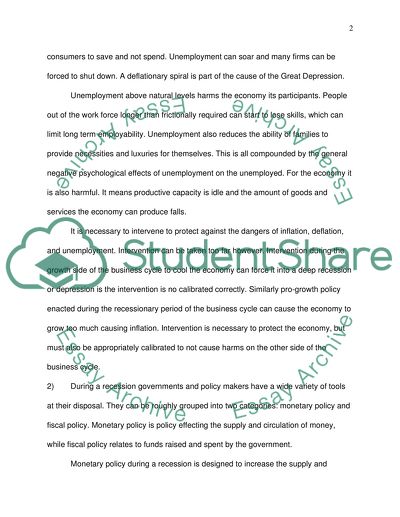Cite this document
(Moderation in Intervention Assignment Example | Topics and Well Written Essays - 2000 words, n.d.)
Moderation in Intervention Assignment Example | Topics and Well Written Essays - 2000 words. Retrieved from https://studentshare.org/macro-microeconomics/1574039-economic-essay-questions
Moderation in Intervention Assignment Example | Topics and Well Written Essays - 2000 words. Retrieved from https://studentshare.org/macro-microeconomics/1574039-economic-essay-questions
(Moderation in Intervention Assignment Example | Topics and Well Written Essays - 2000 Words)
Moderation in Intervention Assignment Example | Topics and Well Written Essays - 2000 Words. https://studentshare.org/macro-microeconomics/1574039-economic-essay-questions.
Moderation in Intervention Assignment Example | Topics and Well Written Essays - 2000 Words. https://studentshare.org/macro-microeconomics/1574039-economic-essay-questions.
“Moderation in Intervention Assignment Example | Topics and Well Written Essays - 2000 Words”, n.d. https://studentshare.org/macro-microeconomics/1574039-economic-essay-questions.


